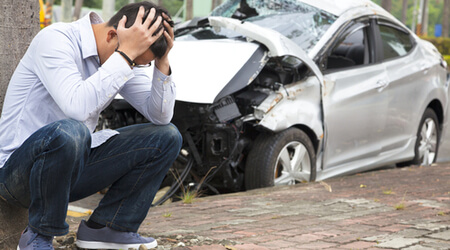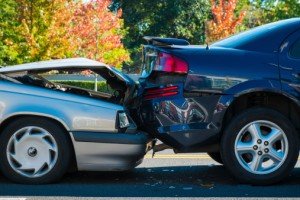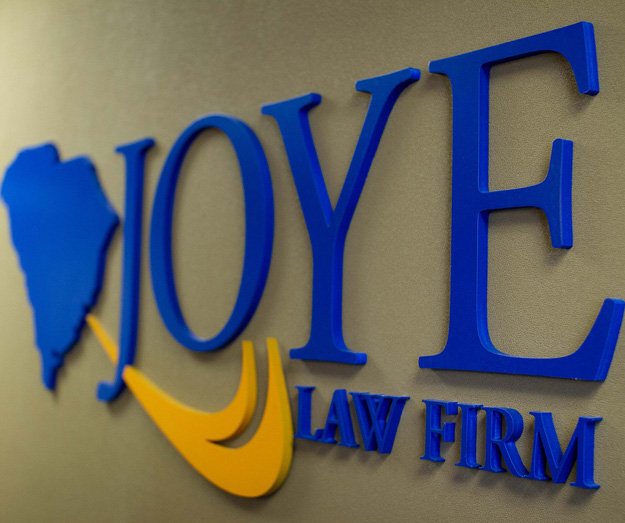
Older drivers are considered among the most cautious drivers on the road. But as the number of aging drivers increases, so do the numbers of their injuries and fatalities.
With the first wave of the baby boom generation reaching retirement age, the population of adults ages 65 and older rose 20 percent from 2003 to 2012. That year, there were 35 million licensed older drivers.
Car accidents in 2012 killed 5,560 people over the age of 65 and injured 214,000. This was a 3 percent jump in deaths and a 16 percent hike in injuries from 2011.
Senior Drivers at Risk
Responding to this demographic change among drivers, the National Highway Traffic Safety Administration (NHTSA) recently announced a five-year plan to improve driving safer for senior citizens and their passengers.
The federal agency notes that aging increases a driver’s frailty, which makes it harder to recover from any kind of motor vehicle crash. A driver who is age 85 or older is 1.77 times more likely to be severely injured in an accident than someone between the ages of 35 to 54.
While senior drivers as a group are relatively safe, some elderly drivers lose the ability to drive as safely as they once did. This could be due to changes in their vision, cognition, reaction times or medications they’re taking. For that reason, drivers in South Carolina who are 65 years or older may only renew a driver’s license for five years rather than the 10 years allowed for younger drivers.
It’s important for older drivers and their adult children to educate themselves about how aging affects the ability to drive and to have a discussion, even though it may be a sensitive topic. For seniors, a driver’s license represents independence, and they should be allowed to continue driving as long as they can do so safely without endangering themselves or others.
Often, elder drivers compensate for their declining driving ability by voluntarily avoiding dangerous driving conditions such as driving at night when visibility is greatly diminished or in bad weather.
Five Leading Types of Car Accidents for Older Drivers
Here are five situations where accidents involving senior drivers most commonly occur, according to the National Highway Traffic Safety Administration.
- Turning left at intersection with stop sign
- Turning left at intersection on green light without turn arrow
- Turning right at yield sign to merge with traffic travelling 40 to 45 miles per hour
- Merging onto a highway from a ramp that has yield sign
- Changing lanes on a road that has four or more lanes
Car Safety, Data, Education
According to a report in USA Today, the NHTSA plan focuses on three areas:
- Driver Education – The NHTSA wants to improve public education while also concentrating on issues related to elderly drivers’ changes in vision, strength, flexibility and cognition. Educational efforts will focus on older drivers, medical professionals and the institutions that license drivers.
Furthermore, the federal agency will launch new older driver highway safety program guidelines. Because state governments control requirements for driver’s licenses, the laws for older residents can vary widely. The hope is that with uniform guidelines, older drivers can be evaluated by the same standards all across the country.
- Vehicular Safety – Advanced technologies that include vehicle-to-vehicle communications, collision avoidance and crashworthiness will help shield elderly drivers from devastating accidents. The NHTSA also plans to upgrade its new car assessment program with a “silver” rating system for vehicles well suited for older drivers and passengers.
- Data Collection – The NHTSA plans to enhance its database of crash rates and injuries. This system will include clinical and naturalistic studies of the physical, cognitive and perceptual changes in behavior that occur with age.
The agency says it will adapt its plan to address evolving issues about the safety of elderly drivers. It plans to regularly revisit and adjust its goals as new concerns arise for the older driving population.


































